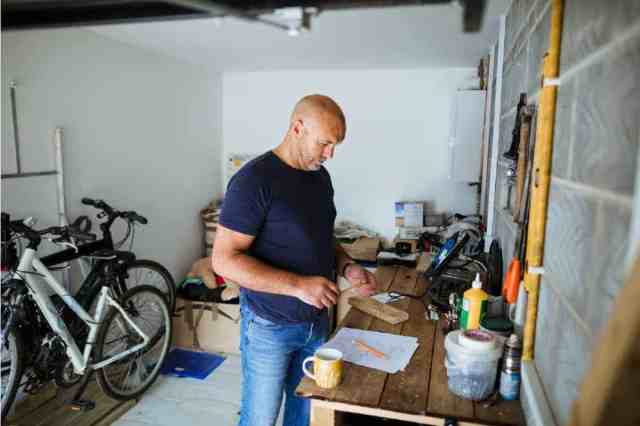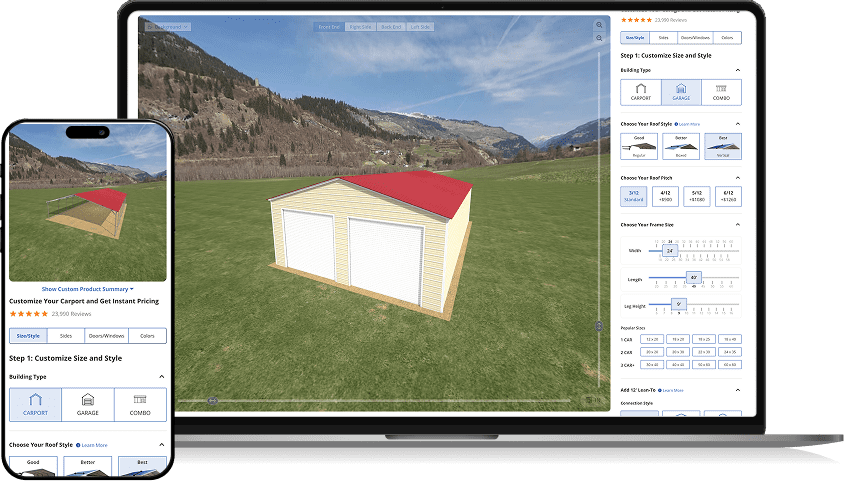A garage adds significant utility and actual value to a house. Considering an estimated 65 percent return on investment (ROI), you can expect a garage to add $18,200 of value to a home with a $28,000 garage installation.
Considering the home equity and added storage, it’s clear why garages are popular home features. And that’s not all there is to love about a garage, even if you don’t plan to sell any time soon.
In this guide, we’ll break down garage values and cover the benefits of having a garage.
How Does a Garage Boost Your Home Value?
A new garage extends your home’s storage and use space, even if it doesn’t actually count towards the sq. ft. living space on a listing. This extra room adds value, though actual home value added depends on the garage design, function, and local real estate demand.
Here are some of the key factors that determine just how valuable your new garage is:
- Space: Two-car garages are ideal for many homeowners (42 percent).
- Attached vs. detached: Attached garages are typically more affordable and offer a higher ROI.
- Location: On average, garages in the U.S. increase home values by 12 percent, but places like Chicago see increased values as high as 38 percent.
- Style: Garages should match your home and property’s look, and a well-designed garage can increase your home’s curb appeal.
- Neighborhood: Your home might actually be devalued if everyone else on the block has a garage and you don’t.
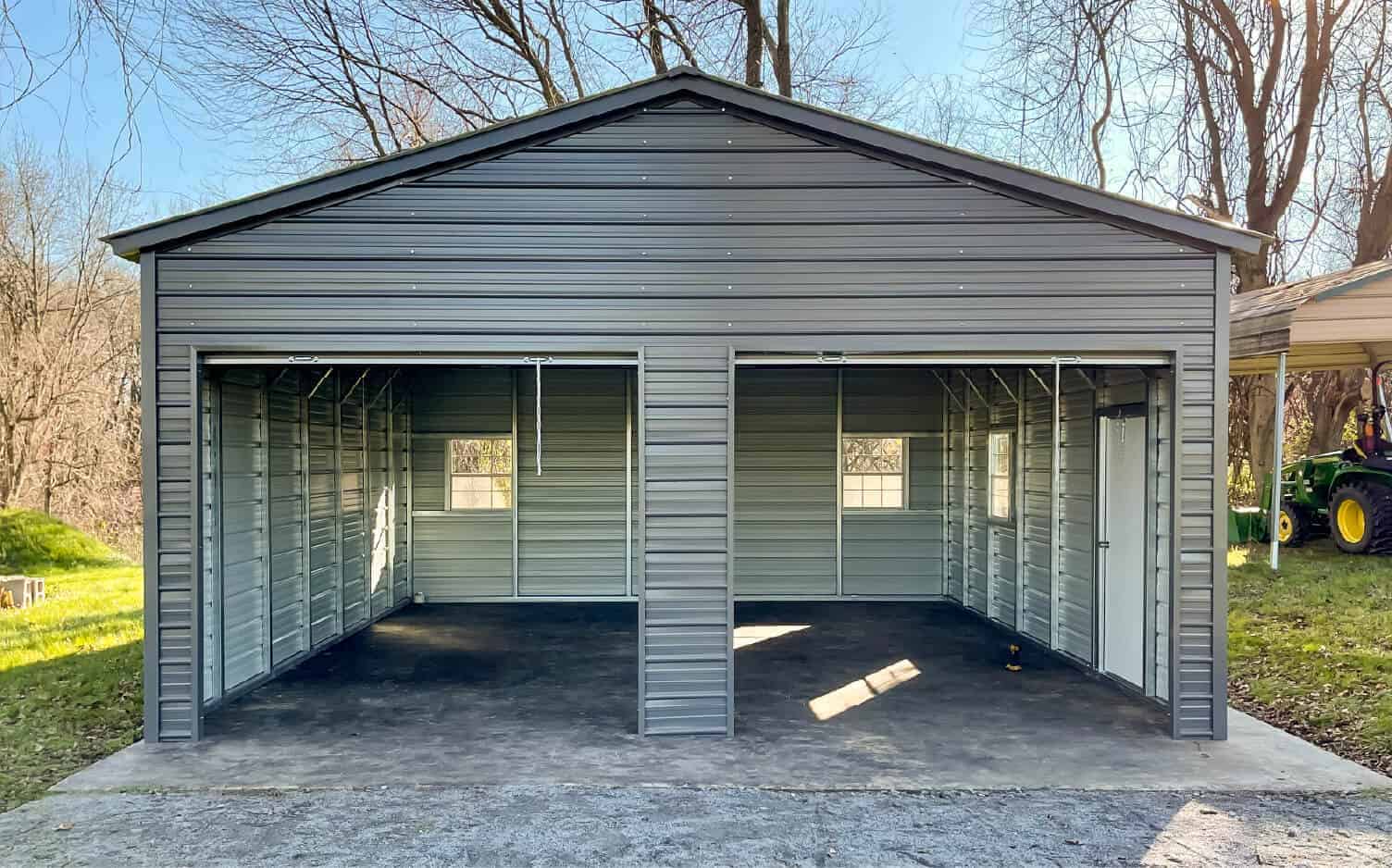
An attached, two-car garage starts around $10,000 and averages $28,000 total. Detached garages are a useful alternative if you don’t want to or can’t modify your home. These range between $6,000-$28,000 depending on material and design.
Any nice, affordable garage still offers the same estimated 65 percent ROI as a luxury space. But the more you put in, the more you’ll get in increased home value.
Home Garage Benefits
Home value is important, but there’s so much more to love with a new garage. If you’re not planning to sell anytime soon, consider getting a jumpstart on a new garage for your own lifestyle benefits.
Create Secure Vehicle Parking
A driveway is good for parking space, but garages are best for preventing car theft and shielding your car from winter frost. As a covered and enclosed structure, a garage protects vehicles from weather elements at all angles, lowering the risk of scratches, dings, and paint damage.
Garages also secure your other property, including tool chests, lawn equipment, and more, from theft and vandalism.
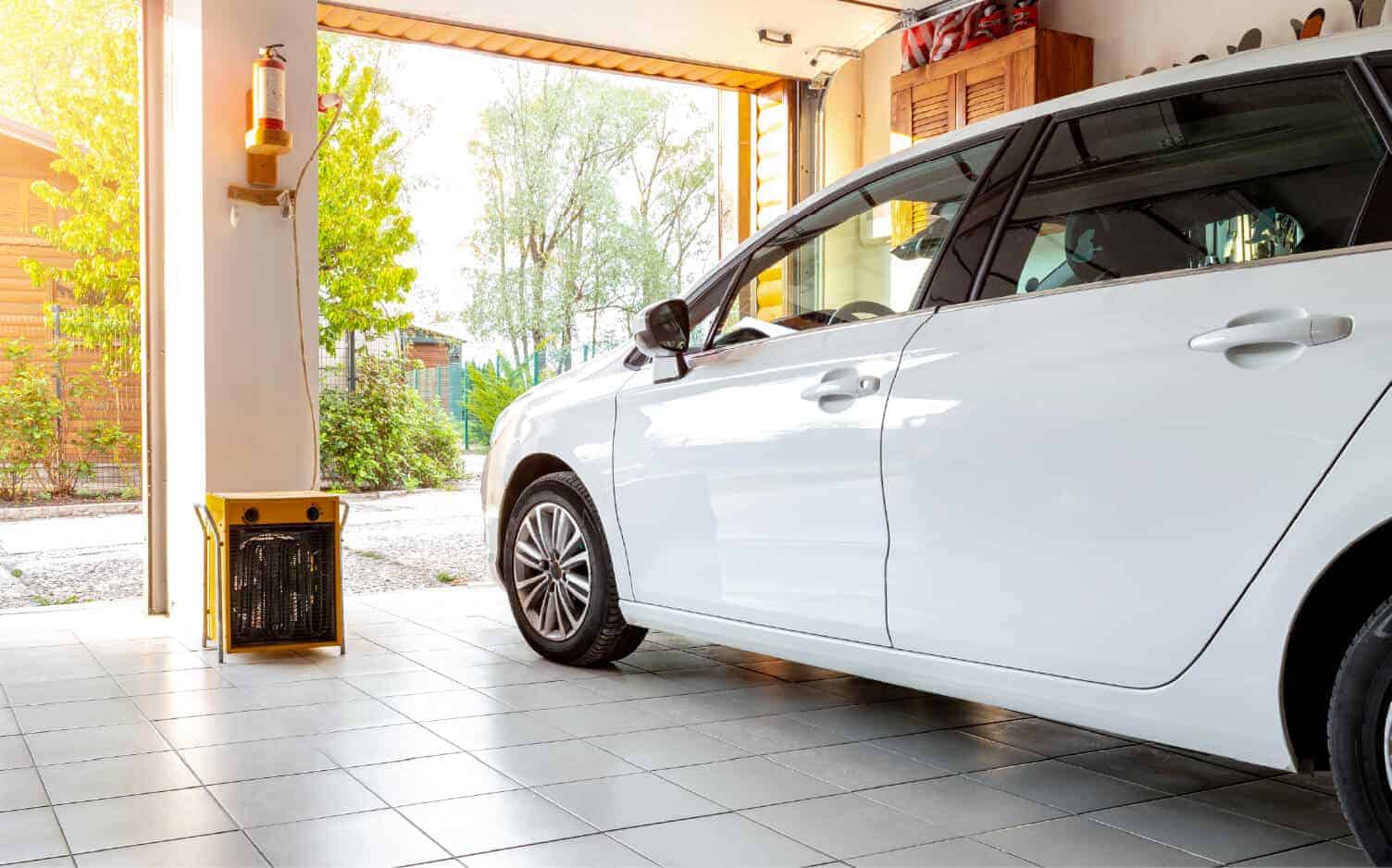
Build Additional Living Space
As for functionality and versatility, garages are unmatched. The additional square footage has various uses, depending on how you customize it.
Garage conversions are popular home improvement projects, where many homeowners are turning their garage into a home office for the convenience of working remotely. You can also use your garage as a spare bedroom or family room for entertaining guests.
Depending on the clearance and design, you may be able to add a loft area above the garage. This way, you can use the additional space and still have a secured parking area. The loft can be a bonus room for guests or even a rental unit that brings in extra income.
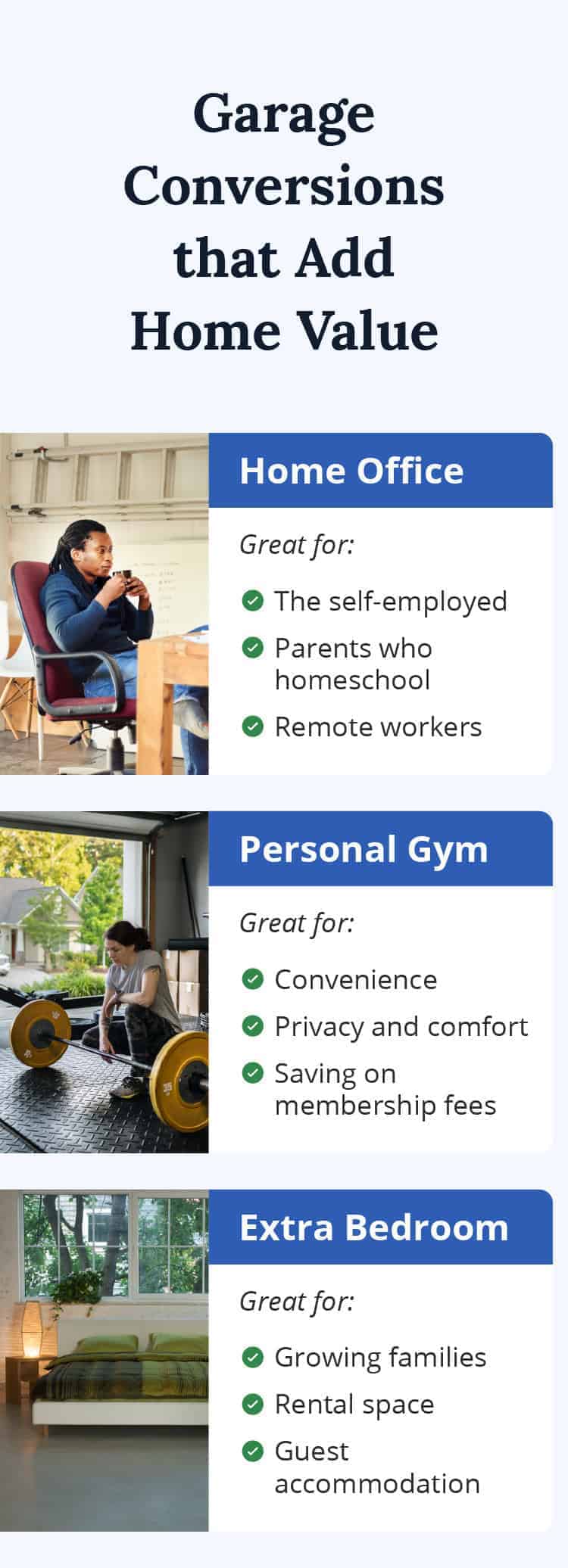
Boost Your Curb Appeal
The outside of your garage can contribute almost as much to your home’s value as the inside. Exterior features, like your landscaping, garage door, and driveway, all factor into the attractiveness of your home. A clean and well-maintained property makes a strong first impression, and your garage design plays a role in this.
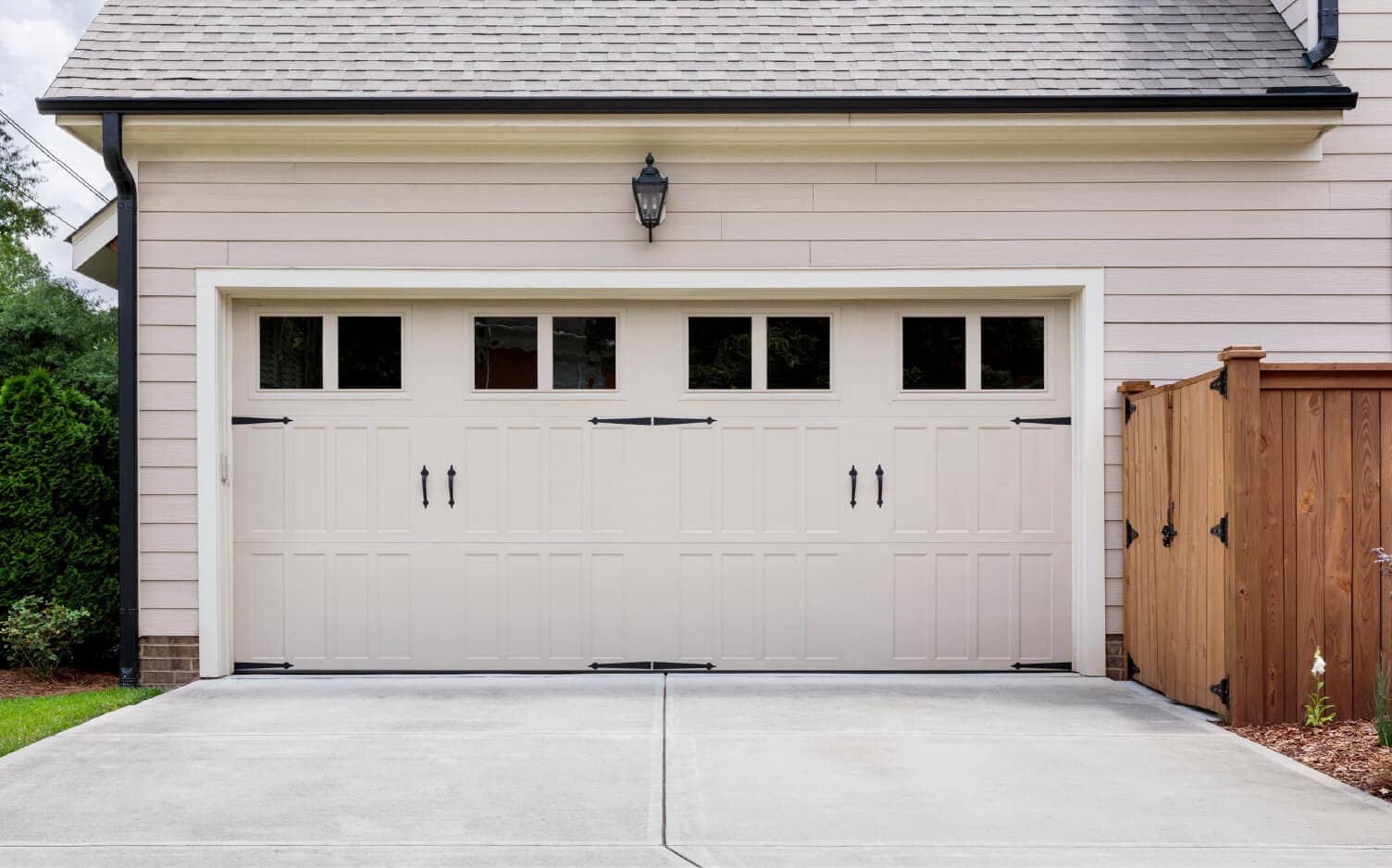
Even with a minimalist home design, elements like a new garage door instantly boost your property’s curb appeal and resale value. Simple garage accessories such as outdoor lighting can also create eye-catching focal points and make your home stand out.
Increase Your Storage Space
From seasonal decorations to large appliances, many homeowners turn to their garages for functional storage space. If you’re a business owner, having a garage can be a convenient, cheap alternative to storage units for your products and merchandise.
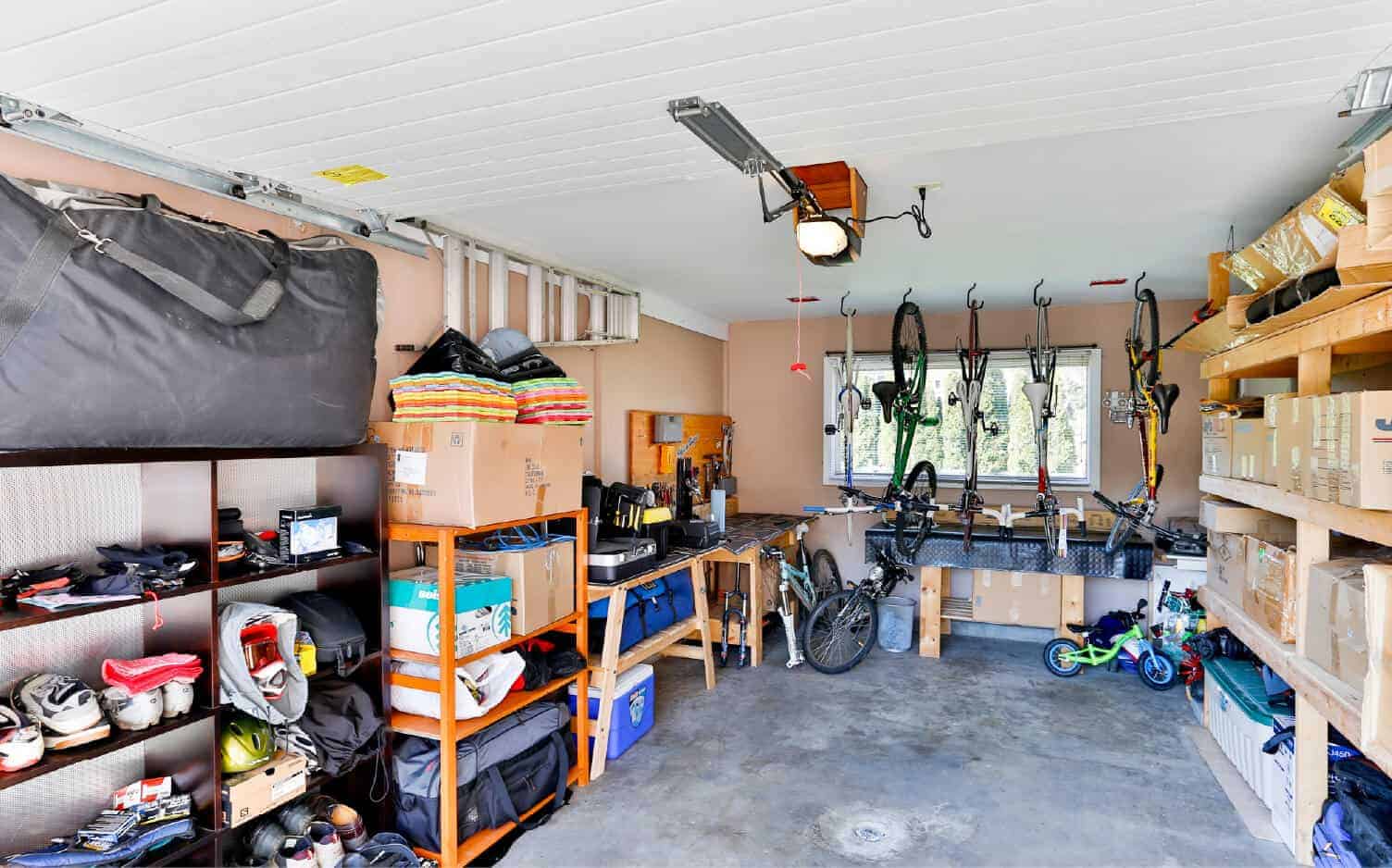
Larger garages include plenty of space to park your vehicles inside, but organization is key. Clever garage organization hacks, such as wall-mounted racks and pegboards, can help maximize floor space for parking and keep it decluttered.
Frequently Asked Questions
Is it a good idea to convert my garage?
Yes, a garage conversion can be an attractive feature of a home, depending on the design and intended use. Even the lowest-cost garage makeovers, can inspire people to start using the space in new ways.
How much does it cost to add a garage to my home?
The average cost to build a garage is $28,000, but the price varies depending on the size, materials, customizations, and labor fees. Whether or not it is an attached or detached garage also plays a role in cost, where attached garages often require less time, materials, and labor.
Which is better value, an attached or detached garage?
Both garage styles add value to a home due to the versatile use of their space. A detached garage may cost more than an attached garage, considering the additional materials and labor you’ll need. But you have more flexibility with your garage size, design, and placement. It all comes down to the homeowner’s individual needs and preferences.
Is adding a garage a good investment?
Yes, garage additions can be good investments, given the numerous ways you can use the space. Garages also make it easier to sell your home to prospective buyers.
Save Money with a Detached Garage Addition
If privacy and noise reduction are top of mind for you, you might find more value in a detached garage. Unlike attached garages, detached versions have more flexibility for customization and use, such as for a workshop or personal gym. They provide the freedom to do personal projects or activities that don’t disturb the rest of the household.
With our prefab metal garages, you can reap the benefits of a detached garage for a fraction of the cost of building one from scratch. From workshops to hobby studios, use our design tool to customize a one-car or two-car garage that fits your needs.
